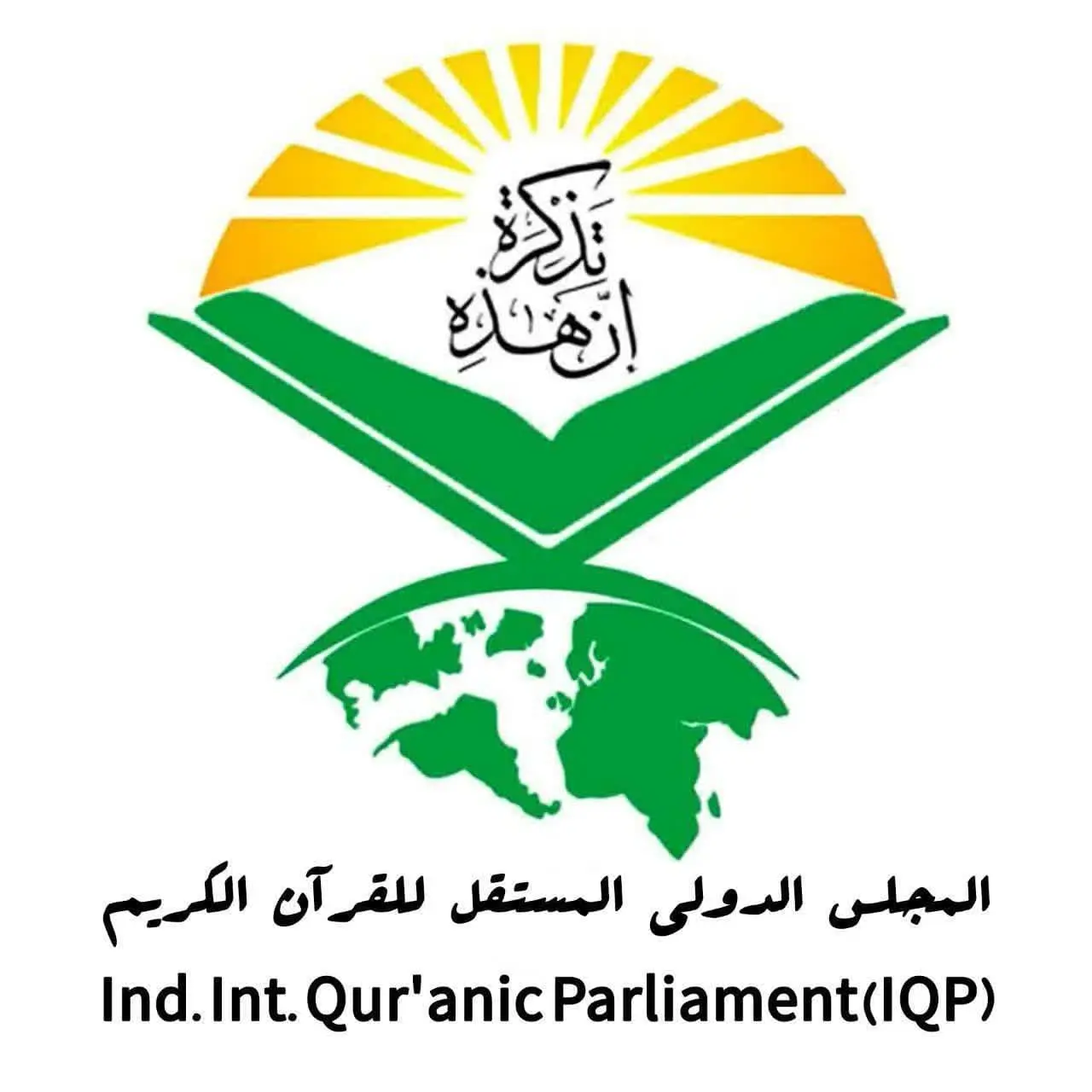Islamic Historical Terms and the problem of Lexical analysis
The recently published article available through: http://jsm.journals.iau.ir/article_665598_en.html The article was proposed to be presented at IQSA 2019 Meeting in Tangier.
True knowledge of any social or cultural phenomenon of the past could only be acquired by examining every feature of its historical context, and by doing so completely abstracting it from present-day perspectives. The meaning of the historical Qur'anic terms is fixed not simply by the literal meaning of its words. A word – especially an Expression- does not mirror meaning as it exists in the world and the individual inventor of any word can’t fix meaning in language. Instead the particular symbolic code fixes a meaning at a particular time. Yet the principal question at hand is in what extant the historical reality and the literal meaning do support each other; especially regarding to the word shift-time between when it is applied and when it read? It seems that the literary approach to the historical terms - unfortunately- does appear to have become a dominant mode. But it’s needed to demonstrate the terminology of any historical terms duo to its adherence to its literal meaning and root structure as well as the package of the historical background of the Term in order to be avoided from the current meaning of the term. Terminology of any Historical term must be constructed on its historical basis trying to put its meaning into the context of its time and place to the extent that is possible as some of roots have no parallel across languages. For an example: the term of “Tahrif” (Distortion) has been seriously applied by the Qur’an in numerous occasions. This term is used by the Muslims for the Biblical manuscripts alteration but it can be concluded that the mentioned function for this term is not in perfect coordination with its Qur’anic terminology or we should distinguish Qur’anic terminology from Islamic theology. Another example: the term “Book” in early Islamic centuries were not books in its current sense (Syngramma) but rather “notes, perhaps collections of individual sayings for privet use (hypomnemata)”. Also in this regard, the real meaning of the term of “Book” in the Qur'anic verses such as Q 98:2-3 or Q 18:27 is the “Rule” not the Scripture like HB, NT, Qur'an, etc.
http://jsm.journals.iau.ir/article_665598_en.html
تاریخ درج: 1398/5/17
